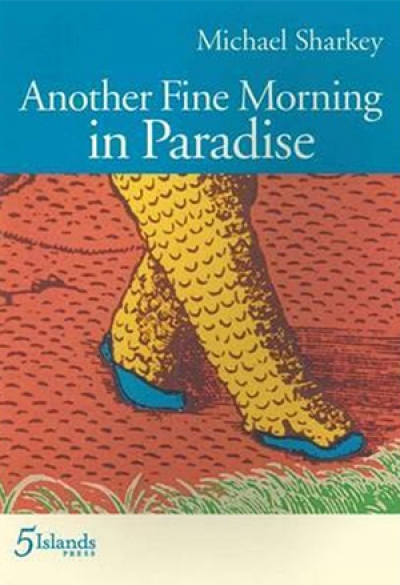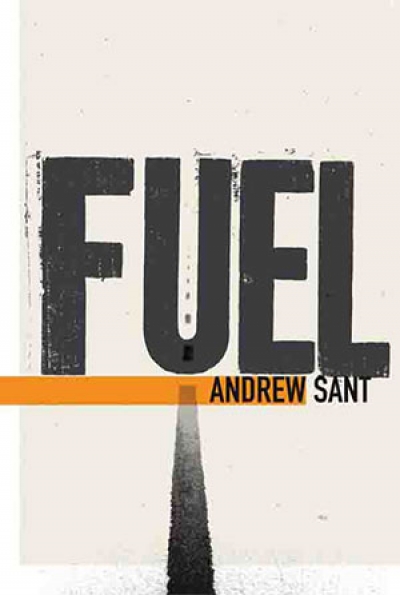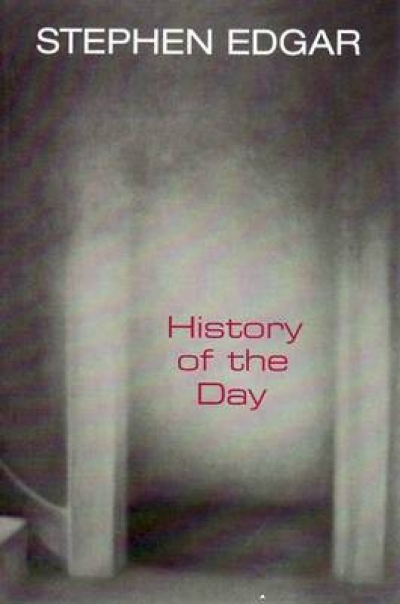Paul Hetherington
Sign up to From the Archive and receive a new review to your inbox every Monday. Always free to read.
Recent:
 Paul Hetherington recently returned from a six-month residency at the Australia Council’s B.R. Whiting Studio in Rome. He ...
Paul Hetherington recently returned from a six-month residency at the Australia Council’s B.R. Whiting Studio in Rome. He ...
Towards the equator: new and selected poems by Alex Skovron
Books of the Year is always one our most popular features. Find out what our 41 contributors liked most this year – and why.
... (read more)Ninety years after ‘An Exhibition of Australian Art’ was held at Burlington House, London, home of the Royal Academy of Arts, the exhibition Australia opened on 21 September 2013. Touted as the biggest exhibition of Australian art to be staged in the United Kingdom, it is an ambitious undertaking – nothing less than a survey exhibition encapsulati ...
Ninety years after ‘An Exhibition of Australian Art’ was held at Burlington House, London, home of the Royal Academy of Arts, the exhibition Australia opened on 21 September 2013. Touted as the biggest exhibition of Australian art to be staged in the United Kingdom, it is an ambitious undertaking – nothing less than a survey exhibition encapsulati ...
Another Fine Morning in Paradise by Michael Sharkey
The first issue of The Warwick Review, a quarterly magazine published by the Writing Program at the University of Warwick, appeared in March 2007. The journal has maintained a high standard and a commendable variety ever since. Like previous issues, the March 2009 edition is divided into sections that focus on certain kinds of writing, or certain places from which writing has emerged.
... (read more)





